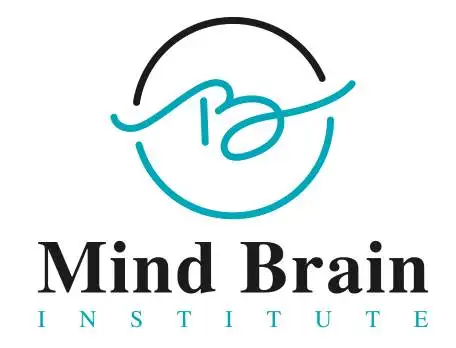- Posted By Dr. Anuranjan Bist
- Comments 0
Although the symptoms of depression might differ from person to person, they are frequently disruptive to daily life and can even be hazardous. Fortunately, numerous approaches can effectively best Depression Treatment and set you on the road to feeling better, including physiotherapy, pharmaceuticals, natural remedies, and a lot of patience.
Find a reliable medical option.
Although depression can destroy the foundation of your daily life, you must never lose sight of the fact that even the most severe cases are treatable. Since there is no “one size fits all” treatment for everyone, being well-informed could be the greatest strategy for choosing your course of action for the treatment of depression in Delhi.
It’s vital to keep track of this critical medical condition and anything that might be contributing to your sadness before you start your treatment plan. If an underlying condition is to blame, it must be treated first. How intensive the treatment should depend in part on how severe the depression is.
Be willing to try new things
Be open to some trials and modifications in order to find the proper treatment and support that works for you. The key in this situation is patience, as it may take some time and a hit-and-miss approach until you discover a therapist who can relate to you.
When you first use an antidepressant, you may learn that it’s not always successful. A vigorous daily walk can be a far better course of treatment than drugs. Be adaptable and try a few different approaches until you find the best course of action.
Tips for treating depression
Although medication is a common method of treating depression symptoms, long-term use is not advised. That being said, even as a temporary fix, medication won’t work unless you also make other lifestyle adjustments. So, adhere to this straightforward advice to speed up the healing process:
1. Medicine
A physician develops a unique care plan for each patient using the concept of integrative medicine, which combines many paradigms for patient welfare. The goal of this care paradigm is to combine traditional practices like yoga and Ayurveda with modern therapies like pharmacology, psychotherapy, and neuromodulation.
The finest outcomes in the treatment of mental health care difficulties can be obtained following a comprehensive assessment of the patient’s case history.
2. Online therapy
A variety of treatments, such as those for anxiety and depression, can be found at an online mental health care provider.
3. Finding social assistance
Never be afraid to seek out family members and reliable friends when you’re feeling bad. Maintaining social relationships can prevent depression. To make new contacts, you might even approach a depression support group.
Do not forget that asking for help is not a sign of weakness but rather a way to relieve people of some of their burdens. The straightforward act of speaking with people directly can be of great assistance in the healing process.
4. Change your lifestyle appropriately
You might not believe it, but modifying your lifestyle can help you fight depression on its own. Even if you might occasionally require additional care, adopting the appropriate lifestyle changes will hasten your recovery and stop your symptoms from returning.
- Exercise: Regular exercise has the potential to be at least as helpful as medication. Exercise activates brain cells’ feel-good neurotransmitters more effectively than depressants do. A daily 30-minute stroll or another cardiovascular exercise can do wonders.
- Eating healthfully: Maintaining a well-balanced diet and eating little and often can assist to control mood swings.
- Sleep: Lack of sleep can make depression symptoms worse by elevating melancholy and anger. For best outcomes, aim for seven to nine hours of sleep each night.
- Brain stimulation: It is occasionally used to treat severe symptoms of depression when other treatments are ineffective. This involves activating specific regions of the brain without using electromagnetic currents.
The various methods of brain stimulation include:
1. Transcranial direct current stimulation, often known as TCS,
2. Electroconvulsive treatment or ECT
3. Vasomotor nerve activation
4. Transcranial Magnetic Stimulation (TMS) Therapy
Investigate alternatives
Choosing nutraceuticals and herbal treatments is a cheap and simple approach to getting access to treatment for depression without a prescription. The research on these treatments is not conclusive, so you should first speak with your doctor about any potential negative effects.
Some of the most popular ones used by people for depression and the issues they are associated with are as follows:
1. Premenstrual syndrome and premenstrual dysphoric disorder are treated with evening primrose oil.
2. Minerals and Vitamins.
3. Valerian for anxiety and sleep
4. Melatonin to aid in sleep.
Numerous initiatives devoted to the study of depression offer free care to individuals, but the drawbacks of experimental therapies should be taken into account. It is best to consult the best depression doctor in Delhi before deciding to participate in a research trial.
Conclusion
There are ups and downs to recovery, and therapy may take time and dedication. Depression care is a time-consuming process that, at times, may feel painfully tedious and laborious. To determine what the best course of action for you is, make sure to keep your doctor informed.
Also, Visit here: 4 Benefits of TMS Therapy for the Treatment of Depression
